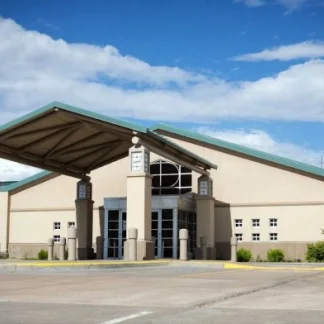Edwards County Hospital & Healthcare Center
Kinsley, Kansas, 620 West 8th street, 67547
Available Programs
- Adolescence program
- Adult program
- Elderly program
- Program for men
- Program for women
- Young adult program
Insurance and Financial
- Private insurance
- Self-pay options
- Medicare
About this Facility
Edwards County Hospital & Healthcare Center is a private rehab located in Kinsley, Kansas. Edwards County Hospital & Healthcare Center specializes in the treatment of alcoholism, drug addiction, mental health and substance abuse, and opioid addiction.
Contact us for more information: (620) 659-3621

Contact Edwards County Hospital & Healthcare Center
Connect with Edwards County Hospital & Healthcare Center by calling their admissions team directly.
(620) 659-3621 Website Get Directions